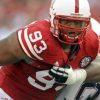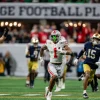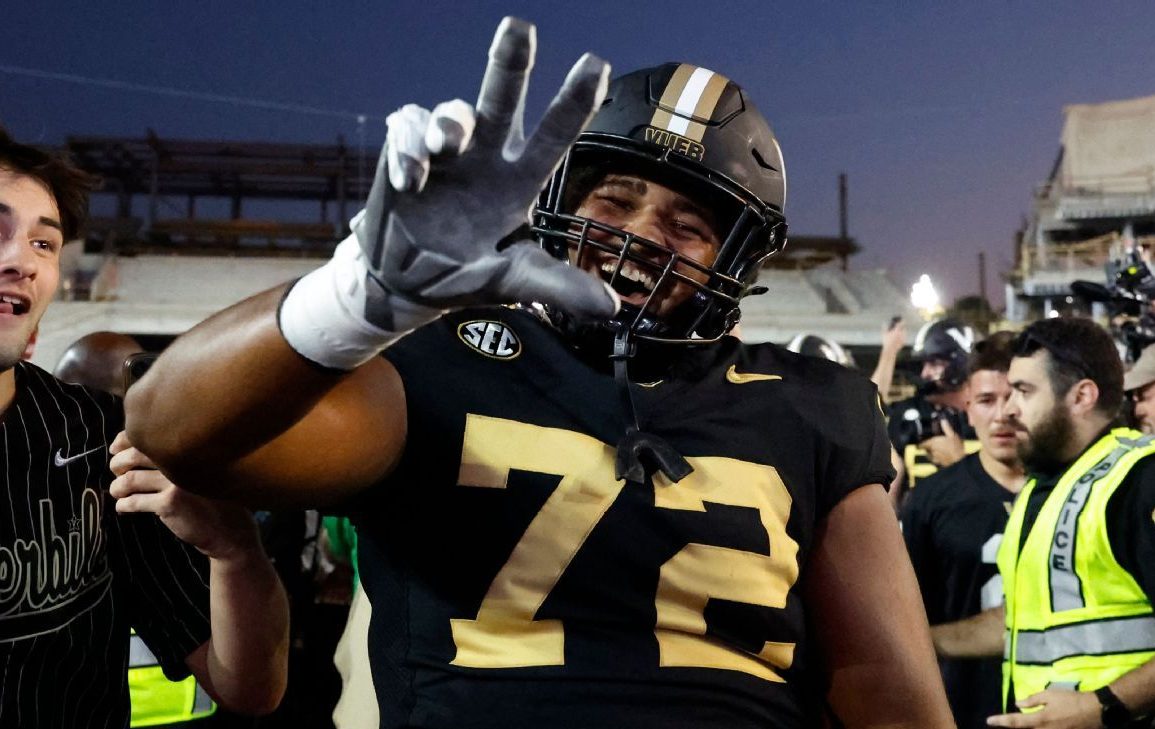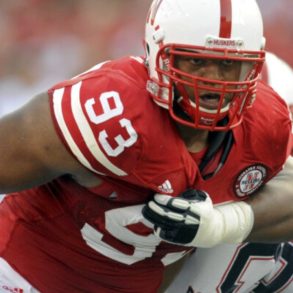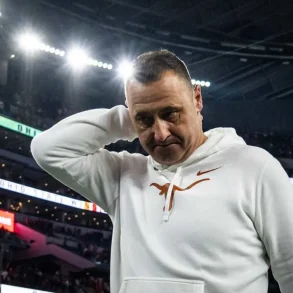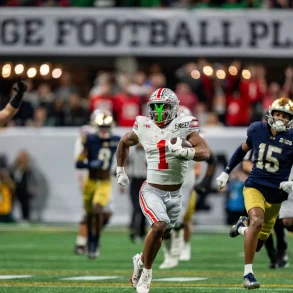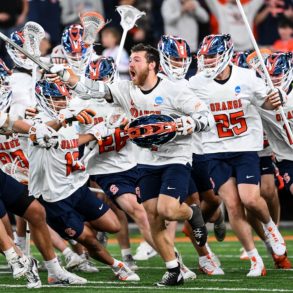Vanderbilt football coach Clark Lea vividly recalls the program’s humble past, including a 26-game SEC losing streak and resource-strapped days when coaches did groundskeeping duties. His connection to the school runs deep, as he once played fullback there. These memories drove him during tough early years as head coach, culminating in a historic 2024 season that included a win over No. 1 Alabama and an SEC Coach of the Year honor.
Lea, alongside Athletic Director Candice Storey Lee, has aimed to rebrand Vanderbilt as a serious competitor, challenging the perception that the school lacked commitment to athletics. Both alumni of the university, Lea and Lee have worked in tandem since the COVID-19 era to overhaul the culture and foster belief in long-term success, beyond just occasional flashes.
The 2024 season marked a broader athletic renaissance at Vanderbilt, with the football, men’s and women’s basketball, and baseball teams all ranked nationally—a first for the school. Despite past struggles, including a 2-10 season in 2023, the football program turned a major corner by winning seven games and notching historic victories.
Lea’s Resilience, Staff Overhaul, and $300M Vision Fuel Vanderbilt’s Ongoing Football Rebuild
Lea faced immense pressure during the program’s downturn but leaned on persistence and internal belief. While fans and boosters questioned the direction, he stuck to his principles, knowing that growth wasn’t linear. Lee compared the rebuild to recovering from knee surgery—full of setbacks but ultimately rewarding.
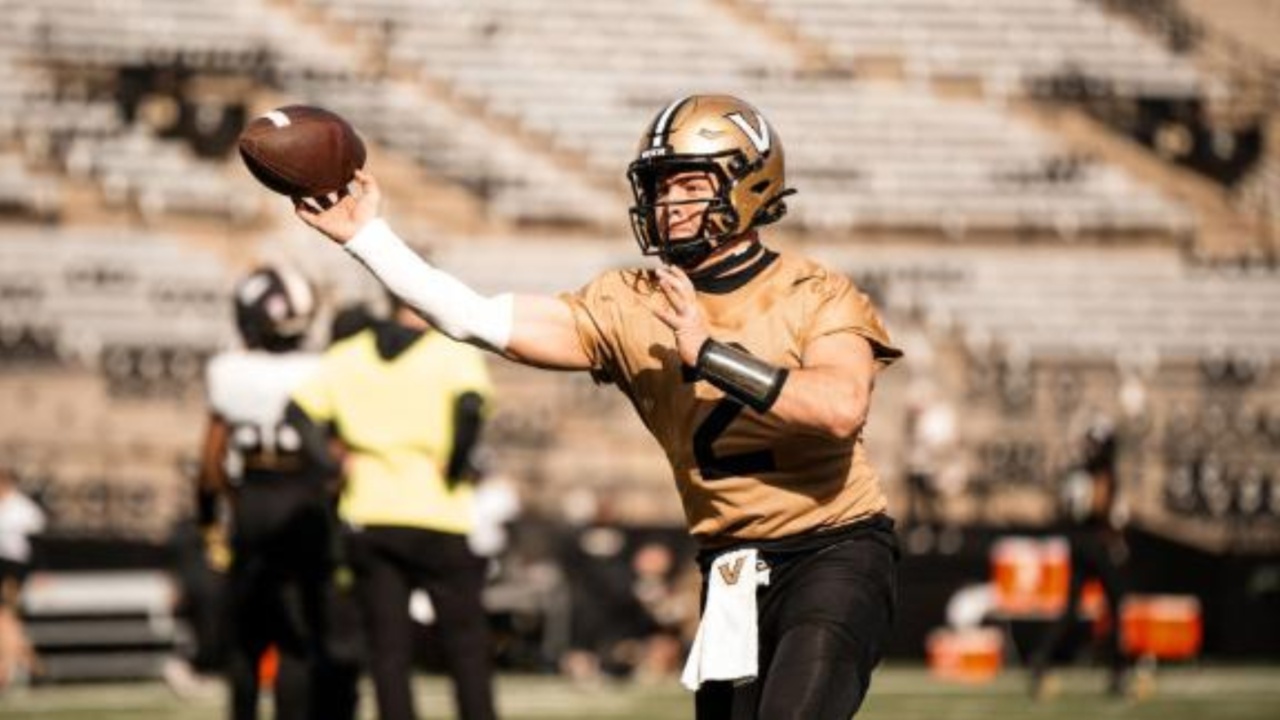
The “Vandy United” campaign has driven a massive $300 million investment into athletics, including upgrades to FirstBank Stadium. Yet, challenges remain, with outdated football facilities still behind SEC standards. Lea emphasizes that while flashy perks aren’t essential, facilities that reflect a commitment to football are crucial for legitimacy.
Lea rebuilt his coaching staff with proven leaders, including Jerry Kill, Bob Shoop, Tim Beck, and Robert Stiner. Their experience, along with a fresh philosophy, brought credibility and developmental rigor. The changes reflect Lea’s evolving approach and willingness to delegate, with Steve Gregory set to call defensive plays in 2025.
Pavia’s Playmaking, Culture Shift, and Underdog Mentality Drive Vanderbilt’s Gritty Football Revival
Quarterback Diego Pavia played a transformative role in the team’s turnaround. The New Mexico State transfer combined explosive play with leadership, accounting for 28 touchdowns. His gritty style and belief in Lea’s vision resonated deeply within the locker room, helping build a culture centered on accountability and pride.
The return of key players and minimal transfer losses signify a program built on strong foundations. Senior linebacker Langston Patterson underscored that previous Vanderbilt teams lacked cohesion. Now, with talent supported by culture, the team feels it can contend—though Lea reminds them that they’re as close to 2-10 as they are to 10-2.
Vanderbilt’s success wasn’t based on overpowering talent but on playing methodically—winning the turnover battle, dominating special teams, and controlling time of possession. Offensive coordinator Tim Beck stressed playing “complementary football” rather than engaging in shootouts, knowing Vanderbilt can’t match SEC powerhouses man-for-man just yet.
Lea and his players thrive on skepticism, turning doubt into motivation. They know that sustaining success is the next, harder step. Vanderbilt hasn’t had back-to-back winning seasons since 2012–2013. But for Lea and Pavia, the underdog mentality is a badge of honor. They’re driven not just to prove people wrong—but to redefine what Vanderbilt football can be.
